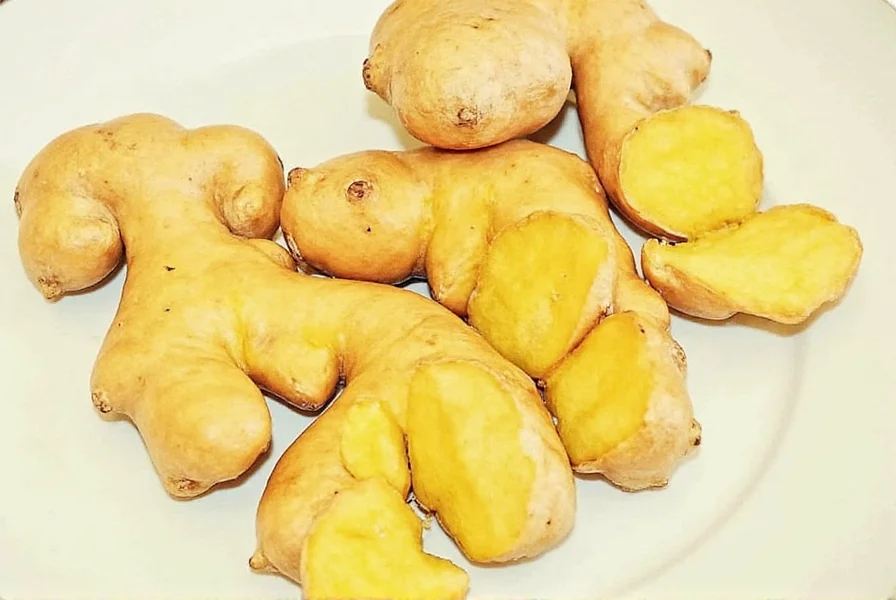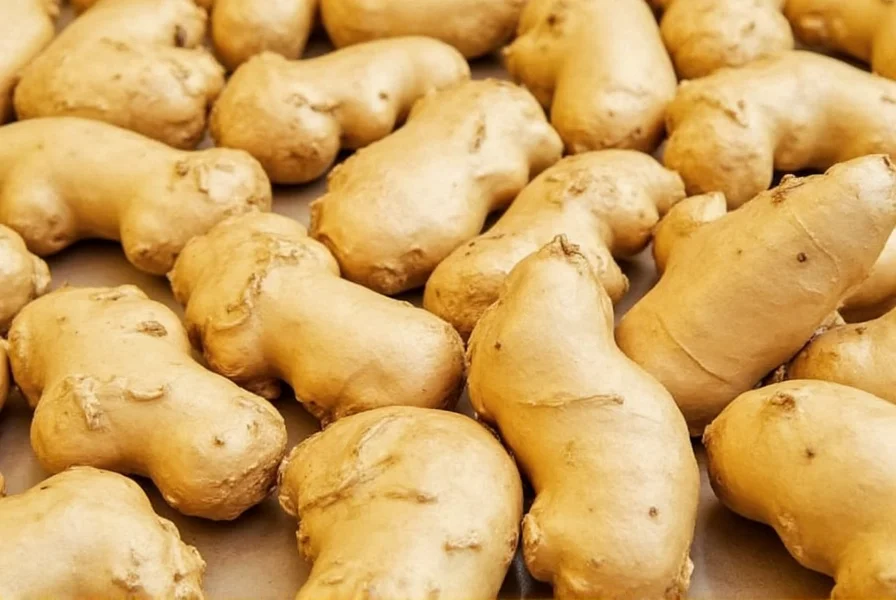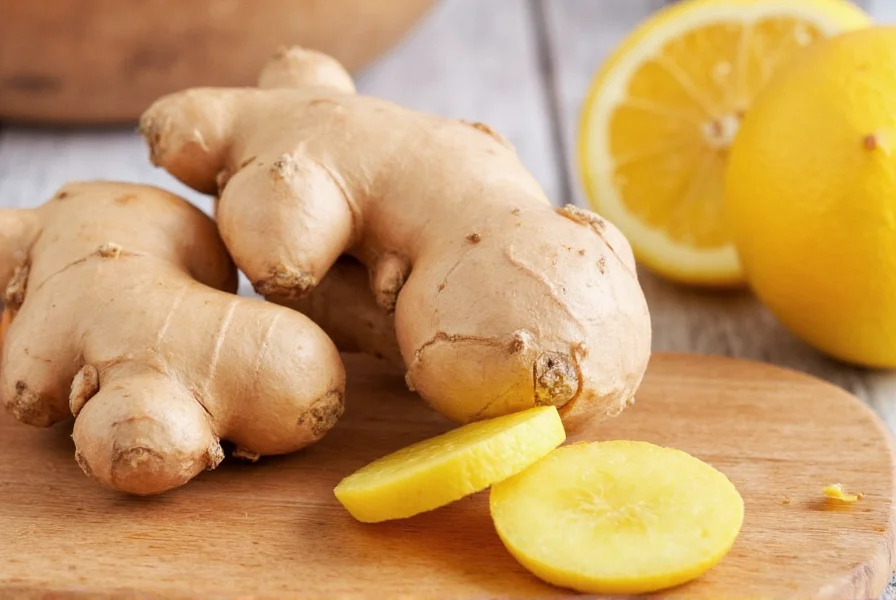When exploring natural approaches to sexual wellness, many turn to ginger—a spice with centuries of traditional medicinal use. While ginger offers numerous health benefits, its specific effects on sexual function require careful examination based on current scientific understanding.
The Science Behind Ginger and Sexual Health
Ginger (Zingiber officinale) contains bioactive compounds like gingerols and shogaols that contribute to its physiological effects. Research published in the Journal of Dietary Supplements (2020) found that ginger supplementation increased testosterone levels in animal models by 17-48%, suggesting potential hormonal benefits. However, human studies remain limited and inconclusive regarding direct sexual performance enhancement.

Blood Flow and Circulatory Benefits
One of ginger's most substantiated benefits relevant to sexual health is its positive impact on circulation. A 2015 study in Phytotherapy Research demonstrated ginger's ability to improve endothelial function—the lining of blood vessels essential for proper blood flow. Enhanced circulation could theoretically support erectile function, though no direct clinical trials confirm this specific application.
Researchers note that ginger's anti-inflammatory properties may reduce oxidative stress, potentially benefiting vascular health. This mechanism represents the most plausible pathway through which ginger might indirectly support sexual performance.
Evidence Review: What We Know and Don't Know
Current research on ginger's sexual benefits falls into three categories:
| Research Type | Findings | Limitations |
|---|---|---|
| Animal Studies | Testosterone increases in rodents (17-48%) | Doesn't necessarily translate to humans |
| In Vitro Research | Improved endothelial cell function | Laboratory setting, not real-world application |
| Human Clinical Trials | Limited evidence for sexual benefits | Few studies specifically targeting sexual health |
Practical Considerations for Ginger Consumption
For those interested in exploring ginger's potential sexual health benefits, research suggests:
- Dosage: Most studies used 1-1.5 grams of ginger powder daily (approximately 1 teaspoon)
- Forms: Fresh root, dried powder, or standardized extracts show similar bioavailability
- Timing: Consistent daily consumption appears more effective than occasional use
- Duration: Benefits typically observed after 8-12 weeks of regular use
It's important to note that ginger's effects are generally subtle and work as part of an overall healthy lifestyle rather than as a standalone solution for sexual health concerns.
Safety and Potential Interactions
Ginger is generally safe for most adults at culinary doses. However, those considering therapeutic amounts should be aware of:
- Potential blood-thinning effects when combined with anticoagulant medications
- Digestive discomfort at high doses (typically above 4 grams daily)
- Lowered blood sugar levels, requiring monitoring for diabetics
- Consultation needed with healthcare providers for those with bleeding disorders

Realistic Expectations for Sexual Health
While ginger shows promise as part of a holistic approach to sexual wellness, it shouldn't replace evidence-based treatments for conditions like erectile dysfunction. The most effective strategies for sexual health include:
- Regular cardiovascular exercise
- Balanced nutrition with adequate zinc and vitamin D
- Stress management techniques
- Adequate sleep (7-9 hours nightly)
- Maintenance of healthy body weight
Ginger may complement these approaches but shouldn't be viewed as a primary solution for significant sexual health concerns.
When to Consult a Healthcare Professional
Persistent sexual health issues warrant professional medical evaluation rather than self-treatment with natural remedies. Consult a healthcare provider if you experience:
- Consistent difficulty achieving or maintaining erections
- Significant changes in sexual desire
- Pain during sexual activity
- Other symptoms alongside sexual concerns
Many underlying conditions affecting sexual health are treatable with appropriate medical intervention.
Conclusion: A Balanced Perspective on Ginger's Role
Ginger's potential sexual benefits primarily stem from its circulatory and anti-inflammatory properties rather than direct sexual enhancement effects. While incorporating ginger into your diet offers multiple health advantages, expecting dramatic improvements in sexual function from ginger alone represents an unrealistic expectation based on current evidence. As part of a comprehensive approach to wellness that includes proper nutrition, exercise, and stress management, ginger may contribute to overall vitality that supports sexual health.











 浙公网安备
33010002000092号
浙公网安备
33010002000092号 浙B2-20120091-4
浙B2-20120091-4